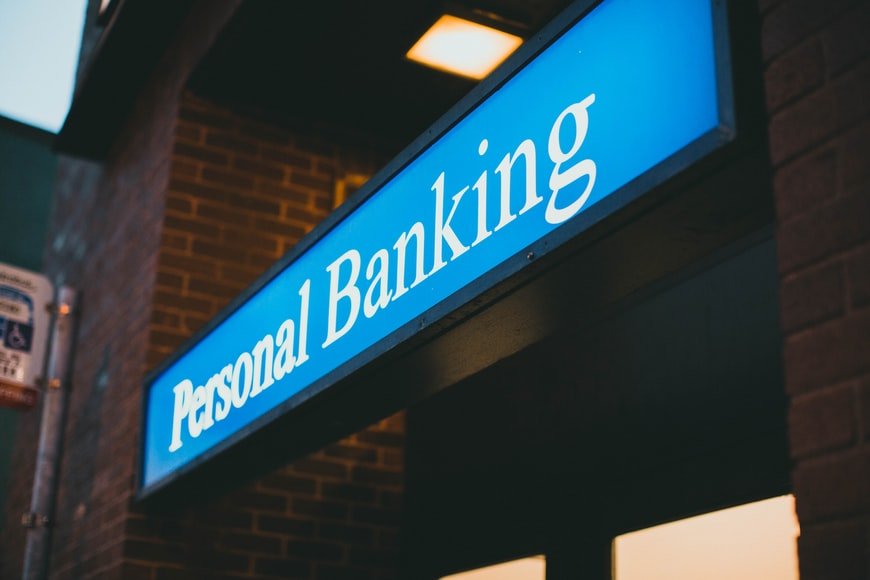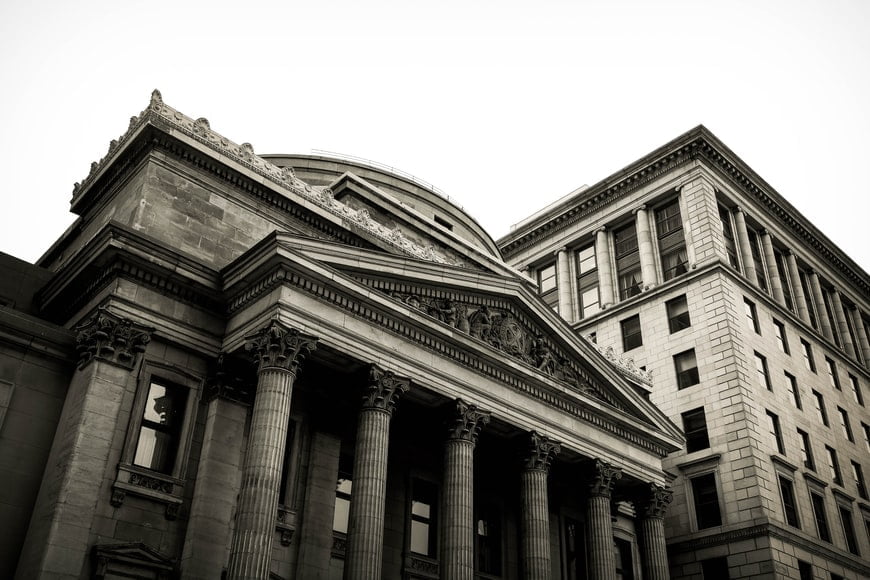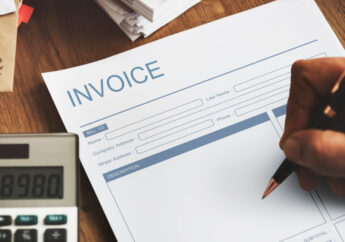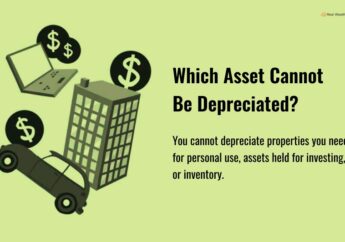What If You are Blacklisted by Banks?
by Sumona Finance 25 January 2022

It is hard to find someone who has not experienced financial hardship at one point in time. This has resulted in people turning to different financial institutions in search of loans. While some were able to return their loans within the timeframe given for repayment, others have defaulted and have their name blacklisted.
Sean Martin D. Plantado, head of the customer service for Digido.ph, notes that even if you pay off your debt in full, it will take three months to ten years to correct your credit history. The amount of time you need depends on a number of factors: what you do and how much you owe. If you find yourself in such a situation, you can do these things to salvage the situation.
What is Blacklist?
A blacklist is a list of individuals who have refused to pay back their loan after the stipulate time for repayment has elapsed. When an individual’s name enters a blacklist, it simply means the person has taken a loan from a creditor and has not returned the loan at the given time they were expected to pay back. How to get blacklisted and what the bad payment reputation means? Read more here: digido.ph/articles/loans-for-blacklisted
This list only shows that a person can not be trusted with funds, and such a person should not be given any financial services. An individual whose name has entered the blacklist will find it very difficult to apply for loans from banks or other financial institutions.
How does a person become blacklisted?

If you have been trying to get a loan for a long and you keep getting denial every time you try, there is a possibility that your name has entered the blacklist. When you have a not too good credit history, it becomes difficult for any bank or lender to give you a loan or any other financial services.
To get a loan approved, you must ensure that you have a good credit history. Some of the factors that spoil a credit history are unpaid debts, loan defaults, and poor credit payment.
Banks and other registered lenders partner with the credit bureaus. The credit bureaus always handle credit records. And since the banks and other registered financial institutions are affiliated with the credit bureaus, they get access to the person’s credit history. Once you assess your credit history and they discover you have a constant habit of not repaying loans, your application will be denied with immediate effect.
How can you get out of the “blacklist”?
Having your name on the blacklist puts a damp on your financial history, and it can hinder you from getting a loan from any lender. Fortunately, you can get your name out of the blacklist. Although the process is quite tricky and time-consuming. However, it is always a good try at the end.
The only way to remove your name from the blacklist is to pay your dues. After repayment, you will get a certificate as proof that you have cleared your debt.
If you are yet to pay back any debt, it is essential for you to pay back to clear your name from the blacklist. If the money is quite much and you won’t be able to pay all at once, it is advisable to speak to the bank. Talk to the bank for possible lower interests rate and favorable payment terms.
The bank or lender can help extend the repayment time. With this, you get to pay back little by little until you clear your records completely. After making full repayment, request a certificate. This certificate will be your proof in the future that you settled your loan. And with this, you won’t be denied financial services when you need them in the future.
While other countries may have a central credit agency that oversees matters concerning credit databases for all financial institutions, unfortunately, there is nothing of such in the Philippines. The absence of a national credit agency in the Philippines has increased the risk of lending. This has reduced the prevalence of financial services in the country.
Conclusively, the best and only way to remove your name from the blacklist is to pay all your debts. Although this list doesn’t exist. However, port credit records will hinder you from accessing loans from banks and other registered financial institutions in the future. The best way to stay clear from this is to ensure that you don’t owe any debt. Cultivate the habit of repaying loans on or before the stipulated time for repayment.
Read Also:







































































































